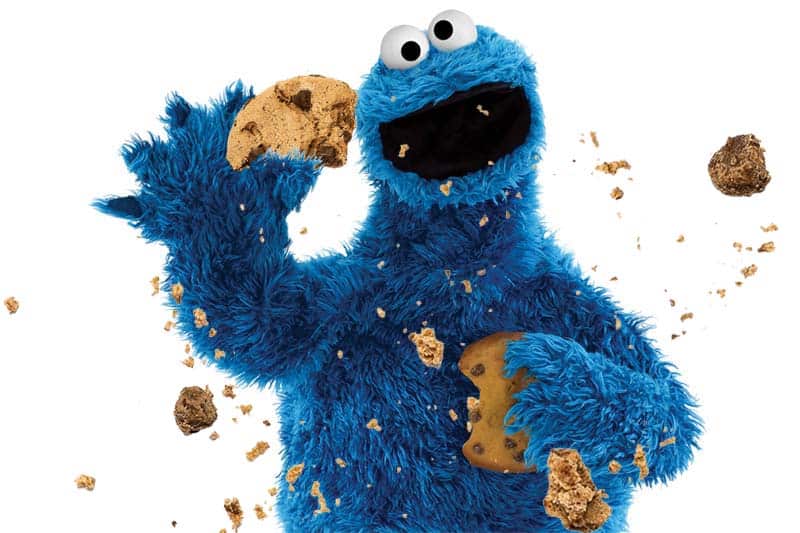The order of your words can make all the difference.
I teach storytellers that the way we order our words, sentences, and scenes makes all the difference when it comes to telling a story well. Reveal something too soon or wait too long to provide an important detail and the story can fall apart.
Case in point:
Yesterday I told Charlie that maybe the Cookie Monster had eaten his missing toy.
Charlie stopped his search, turned toward me, and said, “Seriously, Dad? Cookie Monster isn’t real. Also, he eats cookies.”
See that?
Charlie said something funny. Unintentionally, of course, but still funny. But it’s only funny because of the order of his words.
It wouldn’t have been nearly as funny – and perhaps not funny at all – had Charlie said:
“Seriously, Dad? Cookie Monster eats cookies. Also, he’s not real.”
A lot less funny. Right?
Let that be a lesson:
Think before you speak. Don’t rush to the punchline. Don’t start your story off with a sentence that steps on an upcoming surprise. Don’t go off on a tangent that has nothing to do with the actual story.
Don’t say that your boss is a terrible person and then spend ten minutes explaining why. Instead, describe how your boss is a terrible person and allow your listeners to come to that conclusion on their own.
That’s what audiences want.
It’s not magic. It’s just thinking before speaking. Or, if you’re like Charlie, get lucky.
Nothing wrong with a little luck, either.

